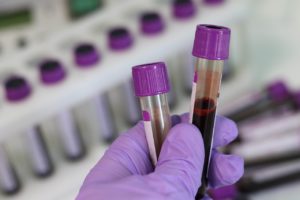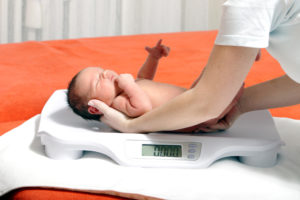Novel GHR variants may hold clues to treatment targets for short stature
Researchers have identified two naturally occurring, dominant-negative variants in the growth hormone receptor gene that act via the same molecular mechanism and contribute to the nonclassical growth hormone insensitivity phenotype.




